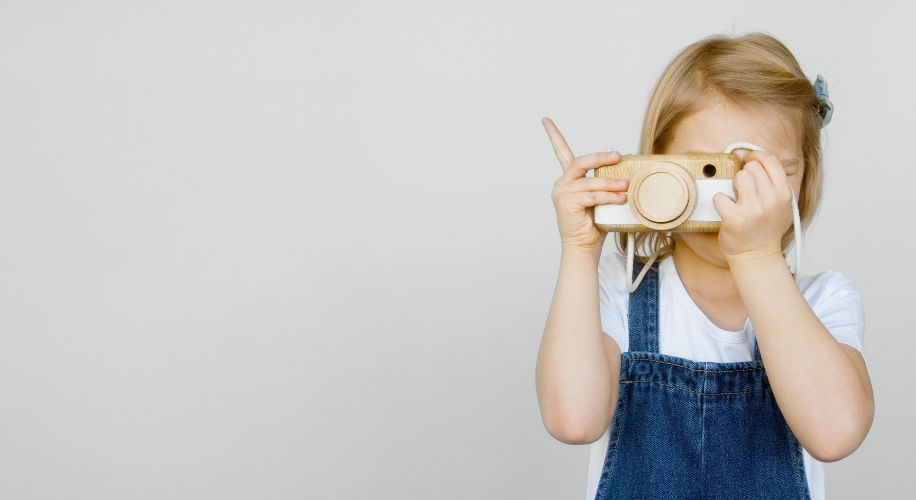Understanding Eye Dominance and Its Role in Monovision Contact Lenses
In the realm of vision care, understanding the nuances of how our eyes work together can be incredibly insightful. One such nuance is the concept of eye dominance. If you’ve ever wondered why one eye seems to lead when you focus on an object, you’re noticing eye dominance. Let’s dive into what a dominant eye is, how to determine which of your eyes holds that title, and explore the fascinating world of monovision contact lenses designed for those experiencing presbyopia.

Photo by Artem Podrez
What is a Dominant Eye?
A dominant eye is the one that provides a slightly greater degree of input to the visual part of the brain and relays information more accurately. This dominance is akin to being right- or left-handed. The dominant eye tends to take charge when performing tasks requiring precise aim, such as shooting a basketball or threading a needle.
How to Determine Your Dominant Eye
Several simple tests can help you identify your dominant eye. Here are two common methods:
The Miles Test
1. Extend both arms in front of you and create a small triangular opening between your thumbs and forefingers.
2. With both eyes open, focus on a distant object through the opening.
3. Slowly bring your hands towards your face, keeping the object centered in the opening.
4. Your hands will naturally move towards one eye – this is your dominant eye.
The Porta Test
1. Extend one arm in front of you and raise your thumb or align your finger with a distant object.
2. Alternately close one eye and then the other, observing the alignment of your thumb or finger with the object.
3. The eye that keeps the object aligned when the other eye is closed is your dominant eye.
What are Monovision Contact Lenses?
Monovision contact lenses are a unique solution primarily designed for individuals with presbyopia, a common age-related condition where the eyes gradually lose the ability to focus on close objects. This innovative approach involves using two different lenses: one for distance vision and the other for near vision.

Photo by Javier Sánchez Mingorance
How Monovision Contact Lenses Work
In a monovision setup:
- The dominant eye is usually fitted with a lens for distance vision.
- The non-dominant eye is fitted with a lens for near vision.
This setup allows the brain to adapt to using one eye for seeing distant objects and the other for reading or close-up work. Initially, it may feel unusual, but many people adjust well and find it a convenient alternative to reading glasses or bifocals.
Benefits of Monovision Contact Lenses
- Convenience: Eliminates the need to switch between different pairs of glasses.
- Cosmetic Appeal: Contact lenses provide a glasses-free look
- Versatility: Suitable for various activities, from reading to driving.

Adjusting to Monovision Contact Lenses
Adapting to monovision contact lenses might take a little time. Here are some tips to ease the transition:
- Give it Time: Allow your brain a few weeks to adjust to the new way of seeing.
- Regular Check-ups: Visit your eye care professional regularly to ensure your prescription is optimal.
- Practice: Wear your lenses during different activities to help your brain adapt.
Understanding your dominant eye and considering options like monovision contact lenses can significantly enhance your vision experience. Whether you’re looking to improve your performance in sports, ease daily activities, or simply find a comfortable solution to presbyopia, these insights can guide you towards better visual clarity and comfort. Explore the range of options available at Zenni to find the perfect fit for your vision needs.

